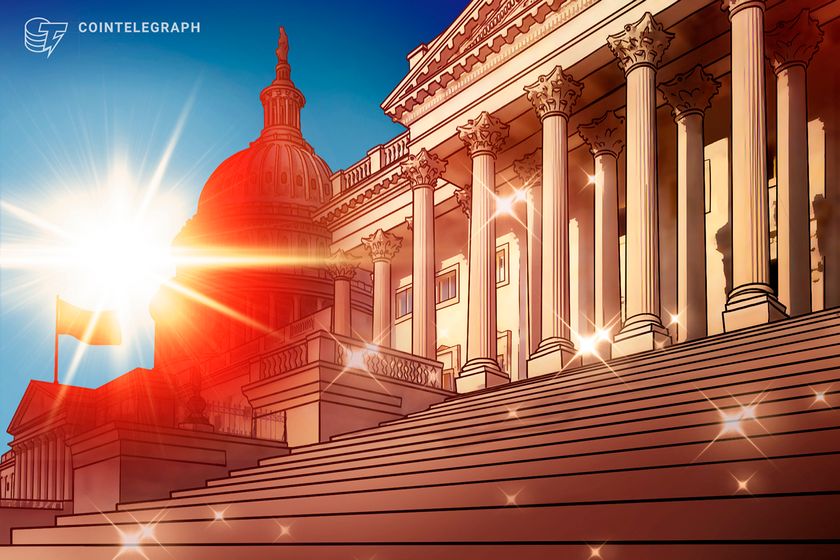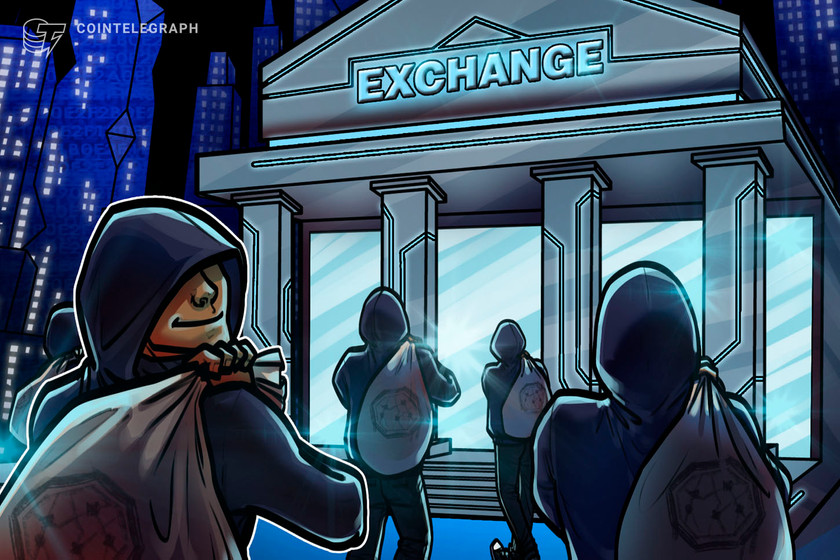CoinList agrees to $1.2M settlement over apparent US sanctions violations


The crypto exchange processed 989 transactions for users in Crimea from April 2020 to May 2022, according to the Office of Foreign Assets Control.
CoinList, a United States-based cryptocurrency exchange, has agreed to a $1.2-million settlement with the Treasury’s Office of Foreign Assets Control (OFAC) following allegations the firm facilitated transactions in apparent sanctions violations.
In a Dec. 13 notice, OFAC said CoinList had processed 989 transactions for users in Crimea — the peninsula formerly a part of Ukraine currently occupied by Russia — from April 2020 to May 2022. OFAC said the apparent sanctions violations were “non-egregious” but “not voluntarily self-disclosed.”
“[CoinList’s] screening procedures failed to capture users who represented themselves as resident of a non-embargoed country but who nevertheless provided an address within Crimea,” said OFAC. “In particular, [CoinList] opened 89 accounts for customers, nearly all of whom had specified ‘Russia’ as their country of residence but all of whom provided addresses in Crimea upon account opening.”
























